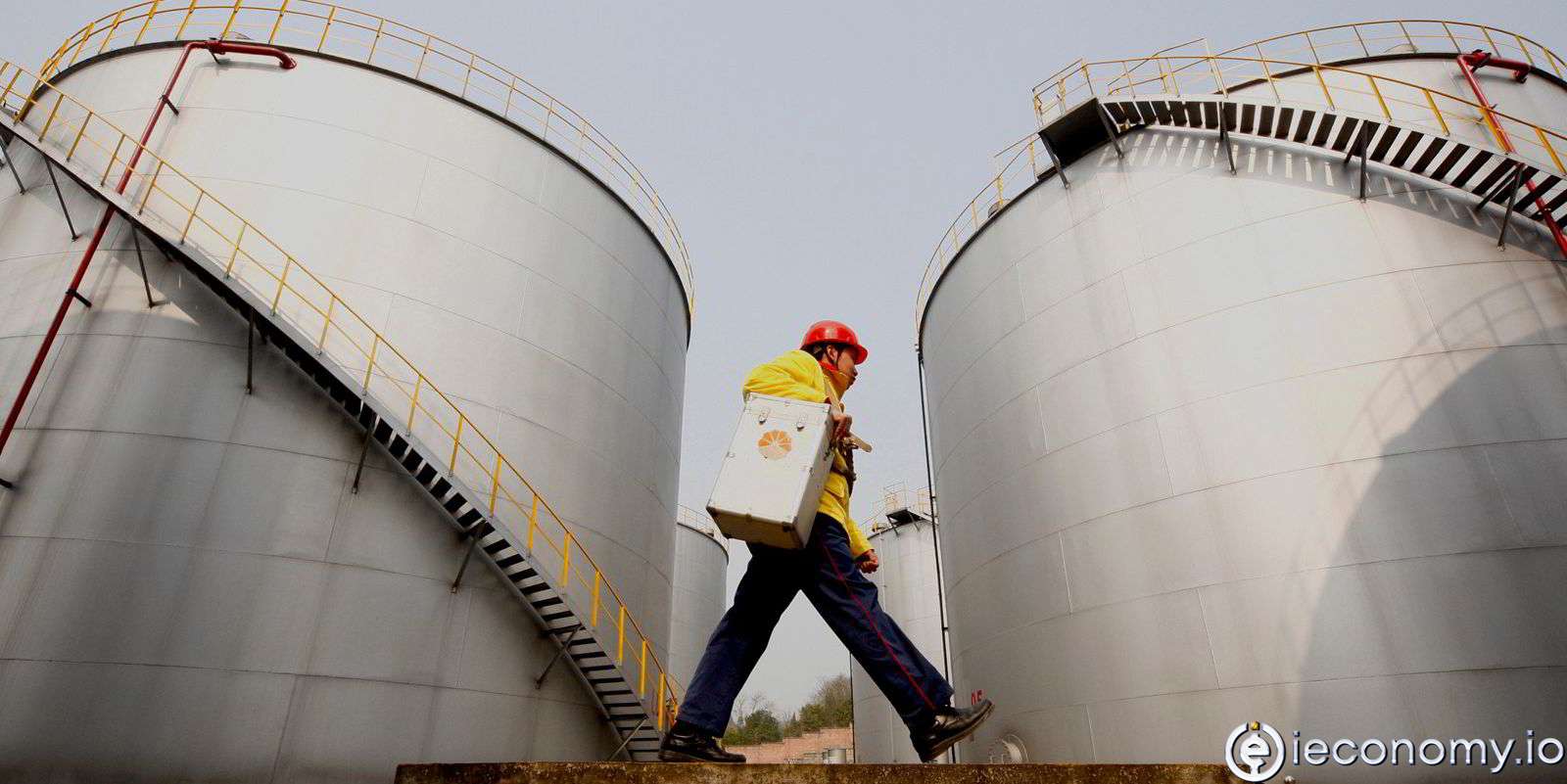6431
0
China has released oil from its reserves to reduce its prices
China has released oil from its reserves to reduce its prices. Not only oil prices but also coal and gas prices are rising sharply in China.

Yazar: Tom Roberts
Yayınlanma: 11 Eylül 2021 00:05
Güncellenme: 17 Şubat 2026 17:52
China has released oil from its reserves to reduce its prices
China has intervened unprecedentedly in the global oil market. It has released oil from its strategic reserves with the explicit aim of reducing its prices. Beijing's announcement comes at a time of soaring prices in the world's second-largest economy, not only oil but also coal and gas. In addition, the shortage of electricity in some provinces has forced some plants to reduce production. Another political problem for Beijing is the sharp acceleration of inflation. China's National Bureau of Food Stocks and Strategic Reserves said on Thursday it had released oil from its vast reserves "to ease upward pressure on commodity prices." The office did not provide any details, but according to sources familiar with the matter, there were millions of barrels (1 barrel = 159 liters) of oil offered by the government in mid-July. The Office added that the "normalized" rotation of oil in state reserves is "an important way in which these reserves play their role in balancing the market". According to the agency, demand and supply on the domestic market are better stabilized when government reserves enter the market through open auctions. This signals that Beijing may continue to intervene. China is the world's largest importer of oil and has built up 220 million barrels of supplies over the past decade, according to Energy Aspects. These reserves differ from the strategic stocks held by the United States and Europe. These are drawn only during a shortage of supplies or wars. However, China signals that it is willing to use its reserves to influence the market. According to experts, Beijing's goal is to reduce oil prices for domestic refineries.İLGİLİ HABERLER





European stocks soared and focus shifted to German retail sales after Powell's speech!

Forex Signal For TRY/USD: Inflation Slowdown in November.

Forex Signal For GBP/USD: Bullish Trend Still Not Breaking While Recovery Continues.

Forex Signal For EUR/USD: Starry US Data Points to Higher Fed Increases.

Forex Signal For BTC/USD: Downside Continues as Bitcoin Recovery Moves Less.
En Popüler Haberler
Yorum Yap
Yorumlar
Henüz yorum yapan yok! İlk yorumu siz yapın...